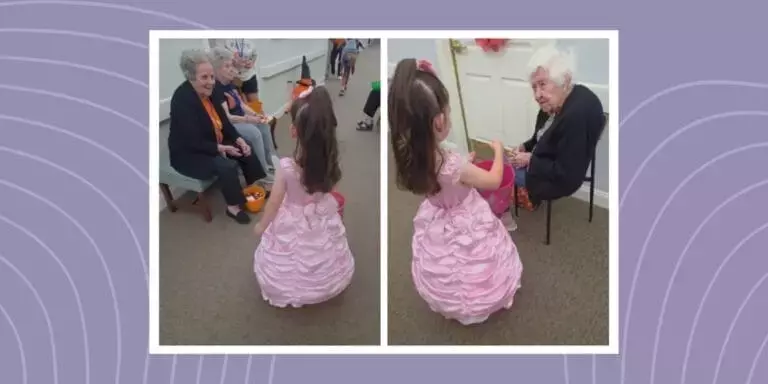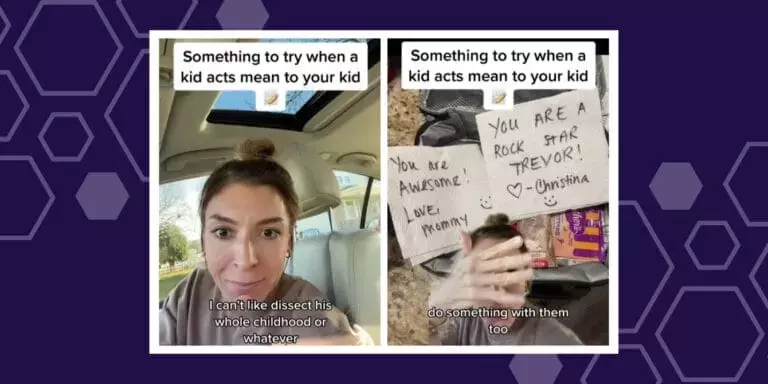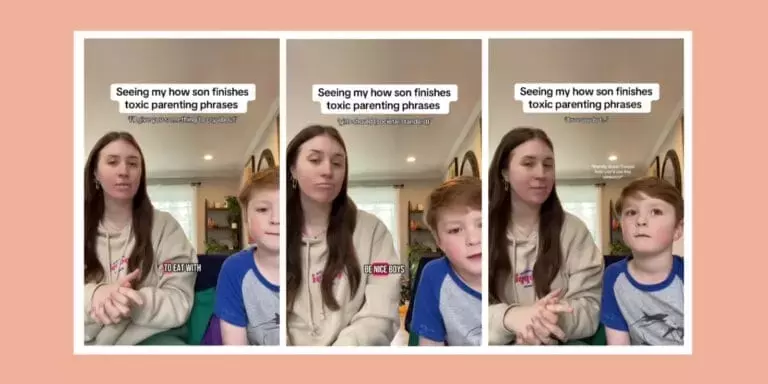


































When faced with the inevitable mishaps of daily life, such as a child spilling yogurt on the sofa, many parents experience a surge of frustration. A recent viral video by a Brazilian mother of three, known as @mom.outofoffice, offers a powerful perspective shift, now viewed by millions. She recounted an incident where her 6-year-old made a mess and how she managed to pause, breathe, and calmly address the situation. Instead of reacting with anger, she communicated, \"It's okay, accidents happen. Let's clean it up together.\" This simple approach visibly changed her child's demeanor.
The mother attributes her composed reaction to a concept she calls \"The Guest Test.\" This philosophy challenges parents to consider how they would react if a guest or another person's child caused a similar mess. Typically, the response would be one of understanding and reassurance: \"It's fine, don't worry about it.\" However, when it's their own child, parents often find themselves quick to anger. Adopting this \"Guest Test\" mindset involves extending the same level of grace and patience to their own children, fostering a more loving and understanding environment. For many, this idea resonates deeply, acknowledging that parents often hold themselves and their children to an impossibly high standard.
Implementing \"The Guest Test\" involves three straightforward steps: first, a five-second pause to take a breath before reacting; second, engaging with the child at eye level and offering a validating statement like, \"It's okay, accidents happen\"; and third, co-cleaning the mess and reserving any disciplinary discussions for a later, calmer time. This technique, supported by research in mindful parenting, helps parents model emotional regulation and build stronger connections, proving that a serene response can replace chaotic reactions. While some parents acknowledge the challenge of maintaining this composure amidst exhaustion, others laud it as a vital tool for fostering respect and understanding within the family dynamic. It’s a gentle reminder that treating children with the same respect as a stranger can transform everyday parenting struggles into moments of connection and growth.
Embracing a moment of mindful pause and empathy in parenting can significantly transform daily interactions. It’s a testament to the idea that patience and understanding, rather than immediate emotional reactions, build stronger relationships and teach invaluable lessons. By consciously choosing a calmer, more connected approach, parents not only navigate challenges more effectively but also model positive emotional regulation for their children, fostering an environment where growth, learning, and mutual respect flourish.
